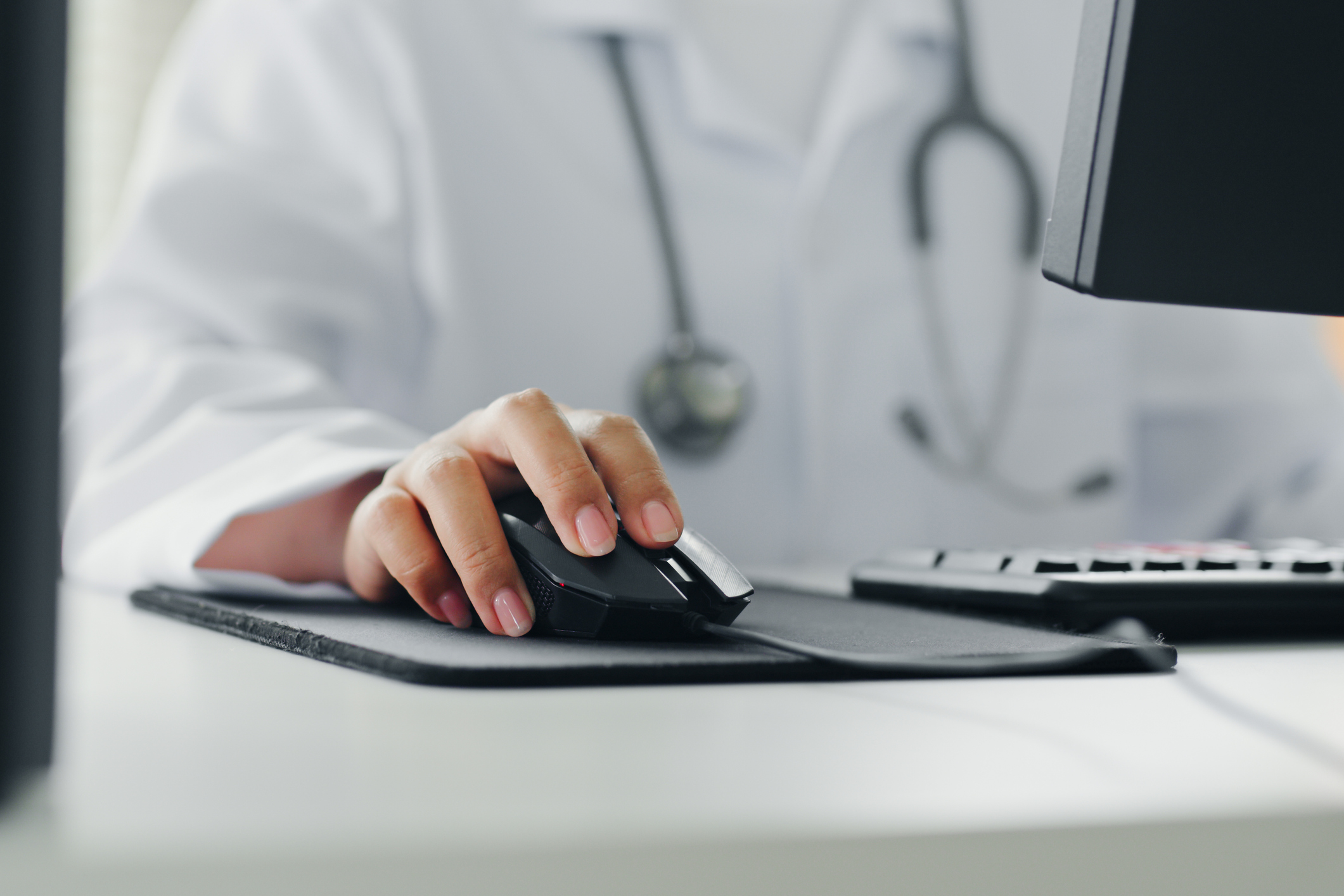If you’re gearing up for an ABIM exam or quarterly check-in test, or simply updating your knowledge to provide exceptional patient care, DDSEP Plus is here to support your educational needs. Challenge yourself with these practice questions! This is just a sample of the nearly 900 questions available with an annual DDSEP Plus subscription.
Practice question #1
A 45-year-old woman diagnosed with irritable bowel syndrome with diarrhea presents to your clinic. Her diarrhea is well controlled with loperamide, but her abdominal pain persists.
Her primary care provider previously prescribed dicyclomine, but this did not improve her abdominal pain symptoms.
What is the next best medication to treat her abdominal pain?
A. Amitriptyline
B. Codeine/acetaminophen
C. Hydrocodone
D. Meloxicam
Correct answer:
A. Amitriptyline
Commentary:
Amitriptyline is a tricyclic antidepressant medication that functions as a central neuromodulator. A systematic review of randomized controlled trials of 6 to 12-weeks’ duration showed a modest improvement in global symptom relief and abdominal pain in patients with IBS treated with tricyclic anti-depressants. Opioid medications and nonsteroidal anti-inflammatory medications are not recommended to treat abdominal pain in patients with IBS.
Practice question #2
A 52-year-old man with hypertension and diabetes mellitus type 2 is referred to you for 8 months of troublesome regurgitation and heartburn. He has a body mass index of 29 kg/m2.
He had minimal relief with single-dose proton pump inhibitor (PPI) therapy before breakfast and partial response with double-dose PPI therapy taken before breakfast and before dinner. Regurgitation after dinner and at bedtime is his most troublesome symptom.
What is the next best step in management?
A. Counsel on weight management
B. Increase PPI to quadruple dose
C. Perform gastric emptying study
D. Refer for bariatric surgery evaluation
E. Switch PPI to before bedtime
Correct answer:
A. Counsel on weight management
Commentary:
This presentation represents typical symptoms of gastroesophageal reflux disease that are not responsive to an optimized regimen of PPI therapy.
Management of refractory gastroesophageal reflux disease symptoms begins with optimizing lifestyle and weight loss.
Quadruple-dose PPI therapy has no established role. A gastric emptying study would be recommended if gastroparesis was suspected.
This patient does not meet criteria for bariatric surgery as his body mass index is less than 30 kg/m2.
PPI therapy optimization with before-meal dosing (30-60 min before breakfast for single-dose therapy and before breakfast and dinner for double-dose therapy) would be the next step after weight management.












